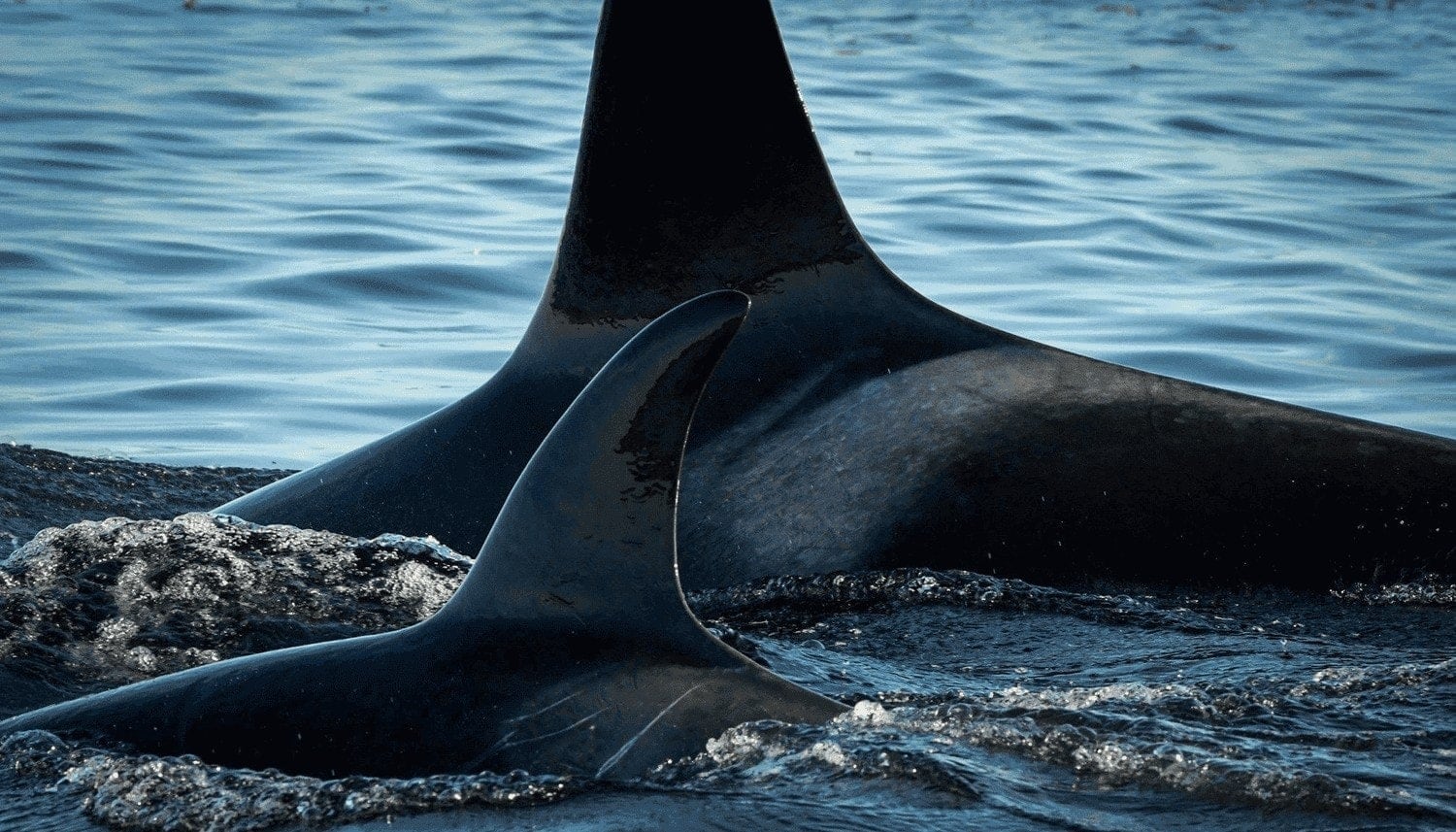
Contact:
Kurt Beardslee, Wild Fish Conservancy, 206-310-9301, [email protected]
Julie Teel Simmonds, Center for Biological Diversity, 619-990-2999, [email protected]
SEATTLE— Federal fisheries managers proposed an amendment to the Pacific Coast Salmon Fishery Management Plan today to ensure critically endangered Southern Resident killer whales don’t starve. The proposal would limit non-tribal commercial Chinook salmon fishing in years where the estimated population falls below 966,000 salmon so that the orcas can still get enough to eat.
The amendment responds to a 2019 lawsuit by the Center for Biological Diversity and Wild Fish Conservancy and a resulting federal biological opinion to revise the fishing plan to protect orcas. The Pacific Fisheries Management Council proposed “Amendment 21” to the National Marine Fisheries Service for its review and approval.
“These orcas are starving to death so we’re pleased to see federal fishery managers finally taking steps to save some salmon for them. Without more protections, we’ll watch Southern Resident killer whales continue to spiral toward extinction,” said Julie Teel Simmonds, an attorney with the Center. “Salmon and orcas in the Pacific Northwest are both in trouble, so we need to limit commercial fishing.”
This orca population has dropped to just 74 individuals, mostly because declining salmon runs have left them without enough to eat. The Southern Resident population reached a 34-year low in 2018. Starving orcas show signs of “peanut head” — a condition in which an individual has lost so much body fat that a depression appears behind its blowhole.
“This amendment is a small step forward toward the larger goal of restoring the abundant and large Chinook critical to the survival and reproductive success of this endangered population,” said Kurt Beardslee, executive director of Wild Fish Conservancy. “It is past time federal fishery managers acknowledge the data and take action to address how ocean harvest management is contributing to the decline of both wild Chinook and Southern Resident killer whales.”
The amendment proposes new management measures when the Chinook salmon population drops below 966,000. Those include a limit on the annual fishing quota in non-tribal commercial fisheries north of Cape Falcon, Oregon.
In August 2018 the Center sued the Trump administration for failing to protect the Southern Residents’ full West Coast habitat, including ocean areas that are important winter-feeding grounds. In 2019 the Fisheries Service called for designating 15,627 square miles of new critical habitat, expanding current protections in Washington’s Salish Sea south along the coasts of Washington, Oregon and California to Point Sur.
In March 2020, Wild Fish Conservancy filed suit against the National Oceanic and Atmospheric Administration (NOAA) for failing to protect Southern Resident killer whales and wild Chinook by authorizing harvest in the Southeast Alaska Chinook troll fishery that contributes to the extinction of the Southern Residents and protected Chinook populations, a conclusion NOAA acknowledges in their own analysis of the fishery.
Today’s proposed amendment stems from the obligation under the Endangered Species Act to ensure that the Pacific Coast salmon fisheries do not jeopardize the Southern Resident killer whales. That includes a requirement to use the best available science on orcas to manage the salmon fishery.
###
The Wild Fish Conservancy (WFC) is a nonprofit conservation ecology organization dedicated to preserving, protecting and restoring the Northwest’s wild fish and the ecosystems they depend on, through science, education and advocacy.
www.wildfishconservancy.org
The Center for Biological Diversity is a national, nonprofit conservation organization with more than 1.7 million members and online activists dedicated to the protection of endangered species and wild places.
www.biologicaldiversity.org
Join our mailing list to recieve important updates on our work, the latest wild fish news, & opportunities to take action to support wild fish.
This site is protected by reCAPTCHA and the Google Privacy Policy and Terms of Service apply.
Wild Fish Conservancy is recognized as a 501(c)3 non-profit by the IRS